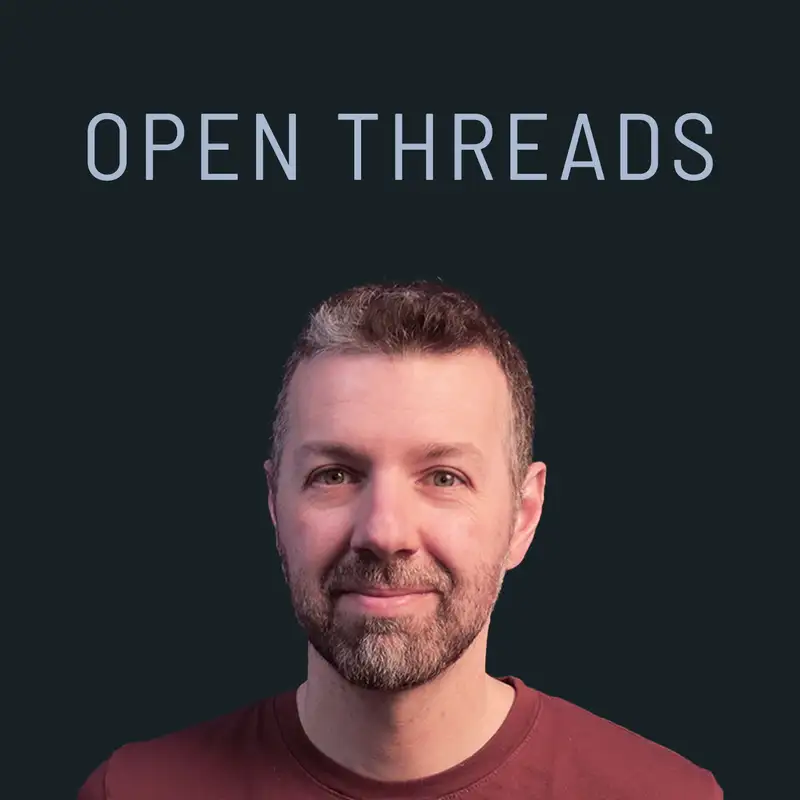Before being “known on the internet” with Ben Orenstein (Tuple)
Ben Orenstein, co-founder of Tuple, joins me to talk all about before being “known on the internet”.
Brian and Ben's conversation was recorded on June 27, 2022.
Brian and Ben's conversation was recorded on June 27, 2022.
Creators and Guests

Host
Brian Casel
Teaching product skills at https://t.co/slTlMF8dXh | founder @Clarityflow | co-host of https://t.co/pXrCHLdDwe

Guest
Ben Orenstein
Co-founder @tuple. Currently single and looking to wife someone: https://t.co/hKcFU5gsyj
